Energy modeling is a process for determining the approximate energy a building will consume during operation. Data regarding location and climate, building design, materials, mechanical systems and appliances is entered into a software program to determine what the overall consumption of a building will be, and to attach a rating to it.
HOT2000 is a software program developed by NRCan (Natural Resources Canada) that has been highly regarded within both industry and academic circles as an excellent research tool. A limited version can be explored by the general public, but only Certified Energy Advisors (CEA) have access to a final EnerGuide rating.
HOT2000 has robust modeling capabilities, however, the user experience can be tedious for CEAs, and downright mystifying for many builders.
Mindscape Innovations has addressed many of these shortcomings with their software tool, MIBOP (Mindscape Innovations Building Optimization Program), which was designed to produce a conservative estimate of a home’s EnerGuide rating.
The tool has also allowed individual designers and builders to see their home’s projected performance while still in the design phase, and explore different options in order to achieve desired results.
The response to MIBOP from both CEAs and builders has been excellent. “This streamlined version of HOT2000 has saved a lot of modeling time for CEAs, and has helped builders at the planning stage understand how various energy upgrades impact their EnerGuide score”, says Kyle Anders, Sustainable Design Specialist at Mindscape Innovations.
By improving EnerGuide literacy among builders and homeowners, as well as reducing the time needed by CEAs to complete an evaluation, MIBOP is helping increase market acceptance and uptake of home energy performance, and making home energy efficiency a bigger part of the discussion.
Mindscape Innovations is an Ontario-based environmental consulting company that works with builders, developers and product manufacturers to help make their products, services and policies more sustainable. Their software program is free and refreshingly easy to use.
What we would like our readers to realize all the same is that optimization of homes and how a homeowners habits can impact on the overall sustainability of their lifestyle should also be given full consideration. For example, fridge use optimization is an essential part of reducing food waste - see our comprehensive guide for fridge organization here.


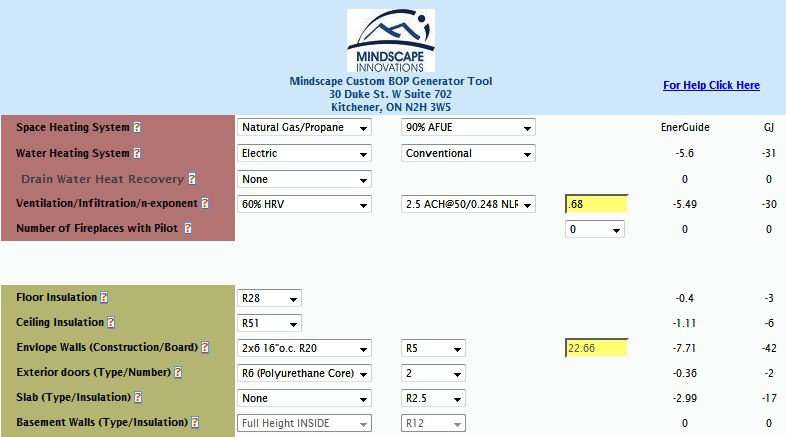







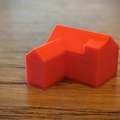
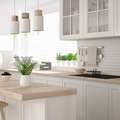
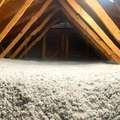
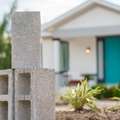


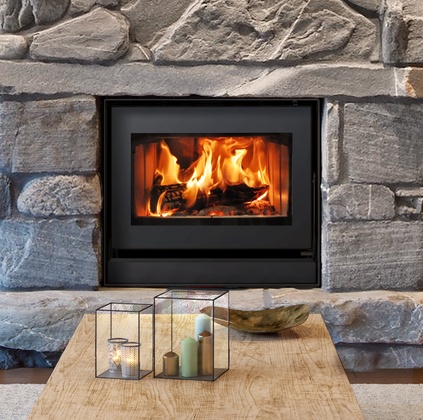
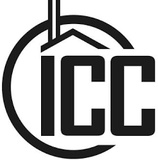
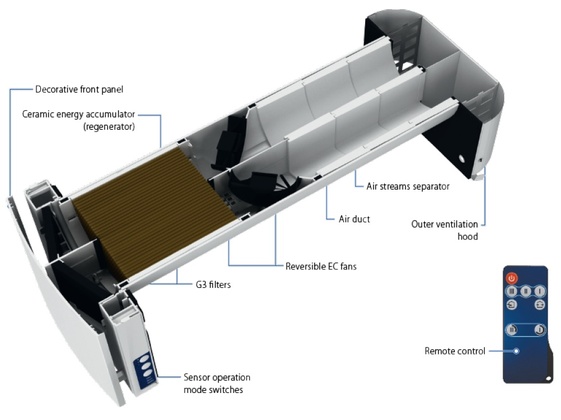
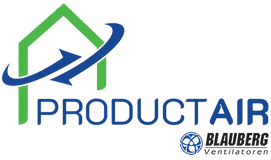


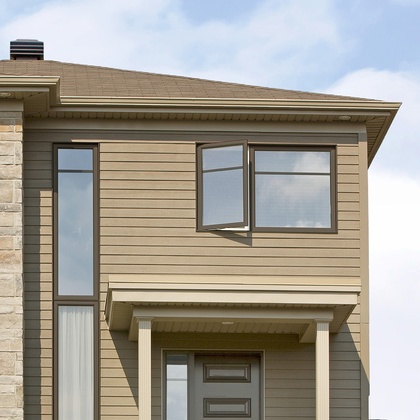


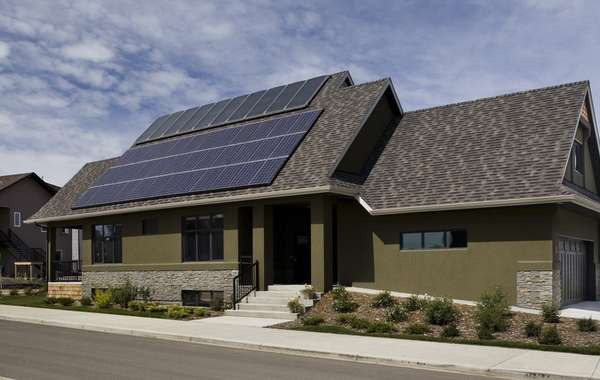
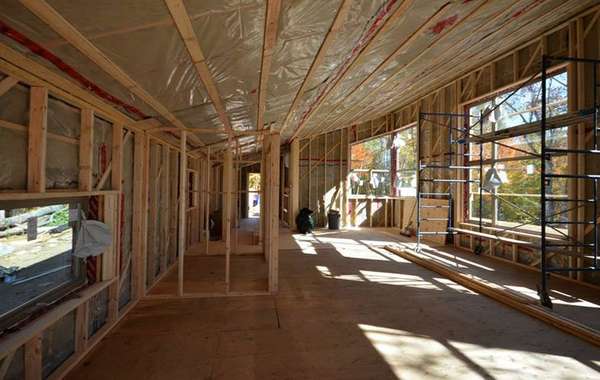
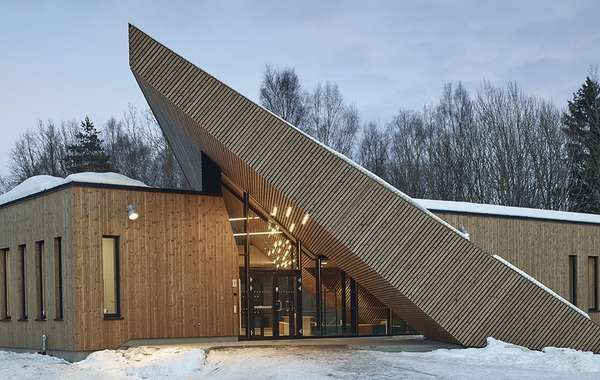
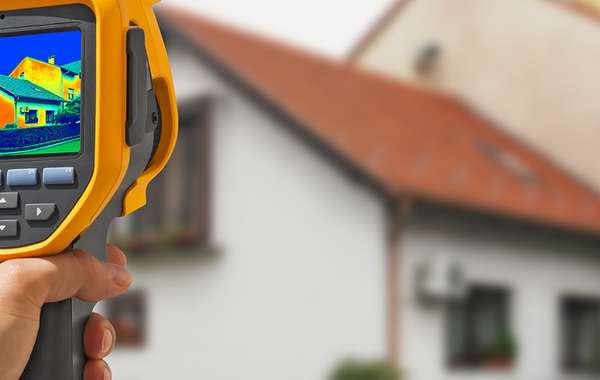
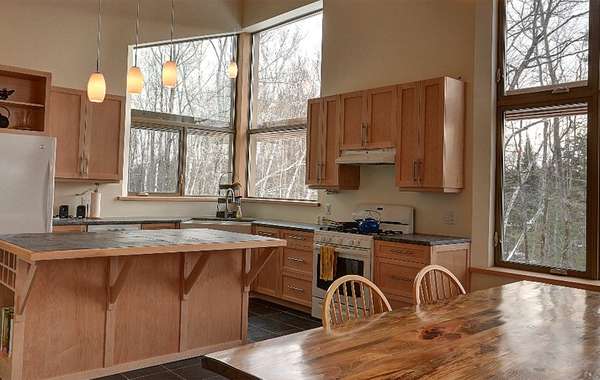
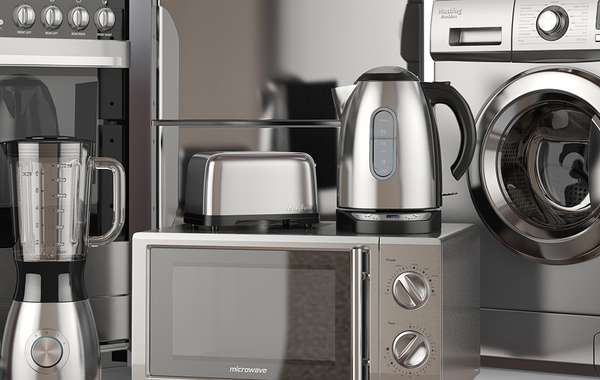


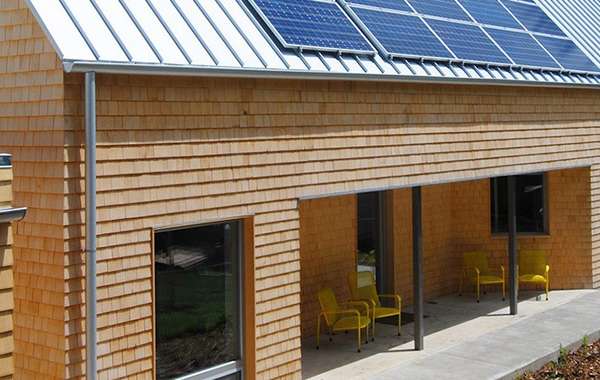

Comments (0)
Sign Up to Comment